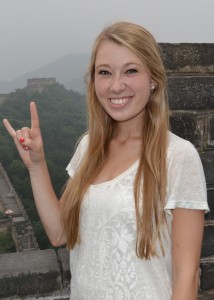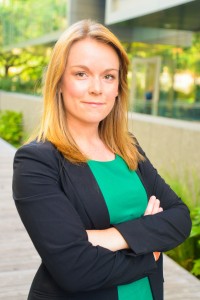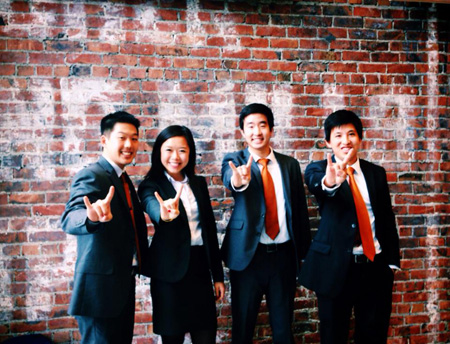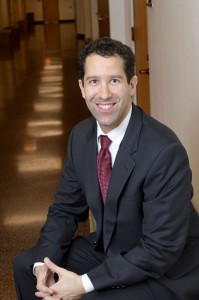The BHP office is currently taking applications for the roles of Peer Advisor and Peer Mentor. These two positions are essential to the program and are a great way to get more involved, gain skills and help others! Read more about the experiences of Morgan Lundy and Miriam Petsch below. Applications for these positions are due this Friday, March 27 to the BHP office no later than 5 pm. Check your email or stop by the office for an application.
Why did you apply to be a Peer Advisor?
After my first year as a college student, I knew that McCombs and BHP had completely defined my college experience and were the main reasons I fell in love with the University of Texas. So, I applied to become a Peer Advisor at the end of my freshman year because I was looking for something that would allow me to communicate my passion for the program to others while helping me get more involved in BHP, and I couldn’t imagine a better way to do so than through working in the office. This position provides a great opportunity to connect with your BHPeers and staff on another level. As a PA, you are given the opportunity to work very closely with each member of the staff, touching the areas of advising, admissions, and the BHP curriculum. I knew that this job would give me an enriching and rewarding way to give back to the program, which was exactly what I was looking for!
What have you gained/valued from the experience?
For me, my favorite part about being a PA is that it has helped me to fully appreciate the education and opportunities that BHP provides its students. Working in the BHP office gives you a behind-the-scenes look at how the program is run. From helping out with the admissions and recruiting process, to setting up coffee chats with companies, to pre-advising students on their class schedules, to assisting the staff on other projects, this job gives you insight to just how wonderful our resources, opportunities, and staff are here at the BHP! Being a PA has reinforced for me just how valuable a Business Honors degree is from McCombs, while simultaneously allowing me to further develop hard skills in a professional, yet fun and relaxed environment.
Any challenges or unexpected parts of the job?
The office can get very busy during admissions season and class registration periods. During the fall when the BHP application is released to high school seniors and during the spring when admissions decisions are released, there can be a high influx of questions from prospective students and their parents. Also, during registration times, many students come into the office seeking advice on their course schedules and require assistance with various circumstances. Both situations require that you are knowledgeable about these processes so you can answer questions and provide appropriate assistance. These situations will help you build your communication skills!
Why did you apply to be a Peer Mentor?
As a student who transferred into the BHP my sophomore year, I wanted to find a way to connect with my new community. Although I met a lot of new people through my classes, I still didn’t feel quite as integrated as I would’ve liked. So when the Peer Mentor application was released, I decided to give it a shot. I felt that my perspective as a sophomore transfer would offer incoming freshmen a truly fresh perspective of the business school.
What have you gained/valued from the experience?
Amusingly, I had a chance to sit through the BHP version of BA 101 at a time when it was very relevant. In fact, as I was going through the junior year recruiting process, the material covered in the class actually helped me a lot! In that sense, being a Peer Mentor was a refresher on what it means to be a McCombs student. The position also allowed me to reflect on my own career ambitions and how my time at McCombs shaped them. When you’re a mentor, it forces you to question what you believe because you want to be certain you’re giving accurate, useful advice. I would recommend the position not only to students who know exactly what they want to do, but also to those who are still discovering their path themselves!
Any challenges or unexpected parts of the job?
The role itself involves much more than just sitting in on a couple of classes and attending weekly meetings. You are literally the face of BHP to ten very impressionable freshmen. Your actions may define their entire academic or professional paths, and you must recognize that fact. On the other hand, this challenge should be viewed as an opportunity to showcase as many different options as possible. This variety of perspectives is often difficult to present because you’re trying to be a mentor instead of just a friend. There is a fine line between preaching and giving advice, so identifying the difference between the two was critical for me.







